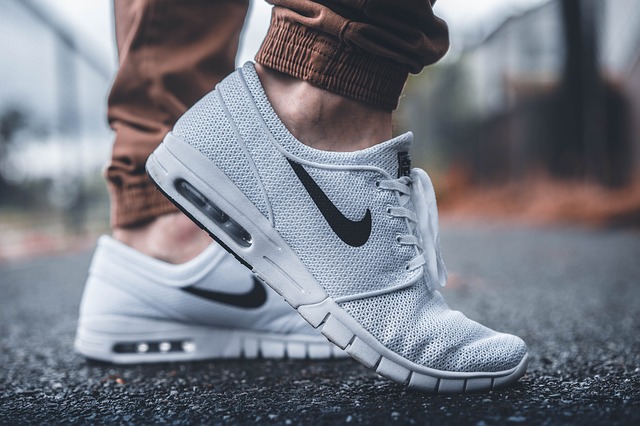The announcement that Nike is now using Colin Kaepernick, one of the most divisive American athletes in our time, to promote its brand was stunning, and guaranteed to further polarize a very partisan society. Most major companies steer away from stances that will surely anger so many constituents. Then why did Nike introduce such a controversial figure in its new “Just Do It” campaign? I’m not taking a position on whether this was right or wrong, but Nike’s action does represent an interesting case study on the strategic thinking for sustaining a proven and successful brand image.
A good brand emotionally engages its customers, with the strategic goal of strengthening its bond with them. The values of a brand usually mirror the values of its customers, which helps a brand cultivate a trustful, comfortable relationship with them. In today’s partisan world, knowing the values that drive the passions of activists and core consumers is essential for deciding whether to take a stand on a socio-economic issue, and what that position should be. Credibility is crucial, and can only be achieved if these advocates share the same values of the brand.
The Nike brand can be characterized as unconventional, very independent, edgy, opportunistic, and even rebellious. Their “Just Do It” advertising supports this brand personality profile. It encourages all athletes, professional and amateurs, to push beyond their athletic boundaries and make an intense commitment to excel and achieve. The new advertising with Kaepernick re-enforces this brand mission, as it states for him: “believe in something, even if it means sacrificing everything”.
This brand strategy is analogous to the Volkswagen “Bug” success story in the late 1960’s/70’s. Our society was similarly polarized, with the Vietnam war demonstrably dividing young and old, and many other events that fueled their passion for independence and a new individuality – e.g. the pill and free love, assassinations of JFK, RFK and MLK, hard rock and drugs, and Woodstock. There was also a window in the market for a different type of car, one that would inspire and captivate the youth. The rest is history. This counter culture youth fell in love with the VW Bug because it was simple, very different, unconventional, and even irreverent. In short, the young people became so emotionally attached to the VW Bug because it shared the same distinct values of the rebellious youth of that time.
The customer base for Nike is very similar to those young, avid VW fans from that era:
- More young (e.g. Millennials and Generation Z) than old, as nearly two thirds of individuals who wear Nike in the U.S. are under 35
- More socially active, wanting their brands to take a visible position on socio-economic issues, and more willing to stand up for things important to them
- According to a recent survey from Morning Consult, young consumers are more likely to react favorably to a company that advocates the rights of protesters to kneel during the national anthem
- More racially diverse, especially compared to Baby Boomers
While Kaepernick has been out of football for two years, he remains popular with many fans and other athletes – his jersey was even among the top 50 in sales in 2017. Branding is strategic, and over the years Nike has used controversial athletes like Charles Barkley (“I’m not a role model…”), Tiger Woods (country clubs would turn him away due to his skin color), and Andre Agassi (popular but different) in its advertising. In 2017 Nike supported Black History Month by releasing a campaign (“Equality”) that featured respected yet controversial athletes – LeBron James, Serena Williams, Keven Durant and others. In addition to consumers who buy Nike sportswear, the athletes themselves are an important target for Nike and it hopes this support for Kaepernick will attract their endorsement as well.
The decision to promote Kaepernick immediately created a huge debate. Nike’s stock price dropped more than 3 per cent the next day (albeit recovered somewhat after), and attracted more than one million responses on Instagram, Facebook and Twitter hours after the partnership was announced. At a minimum, Nike enjoyed a huge spike in their awareness, with over $43 million in free advertising (source: NY Times 9/5/18).
The decision to use Kaepernick was not made quickly or without a lot of thought. Nike is known for taking risky moves, and the values of its primary consumers (and many professional athletes) match well with the Nike brand and hence this decision to support Kaepernick. Essentially this move is consistent with all other initiatives to re-enforce Nike’s brand image. Of course this move will alienate many, but Nike is betting that in the long run, the bonding with its core customer base will outweigh the immediate negative reaction from the naysayers.






